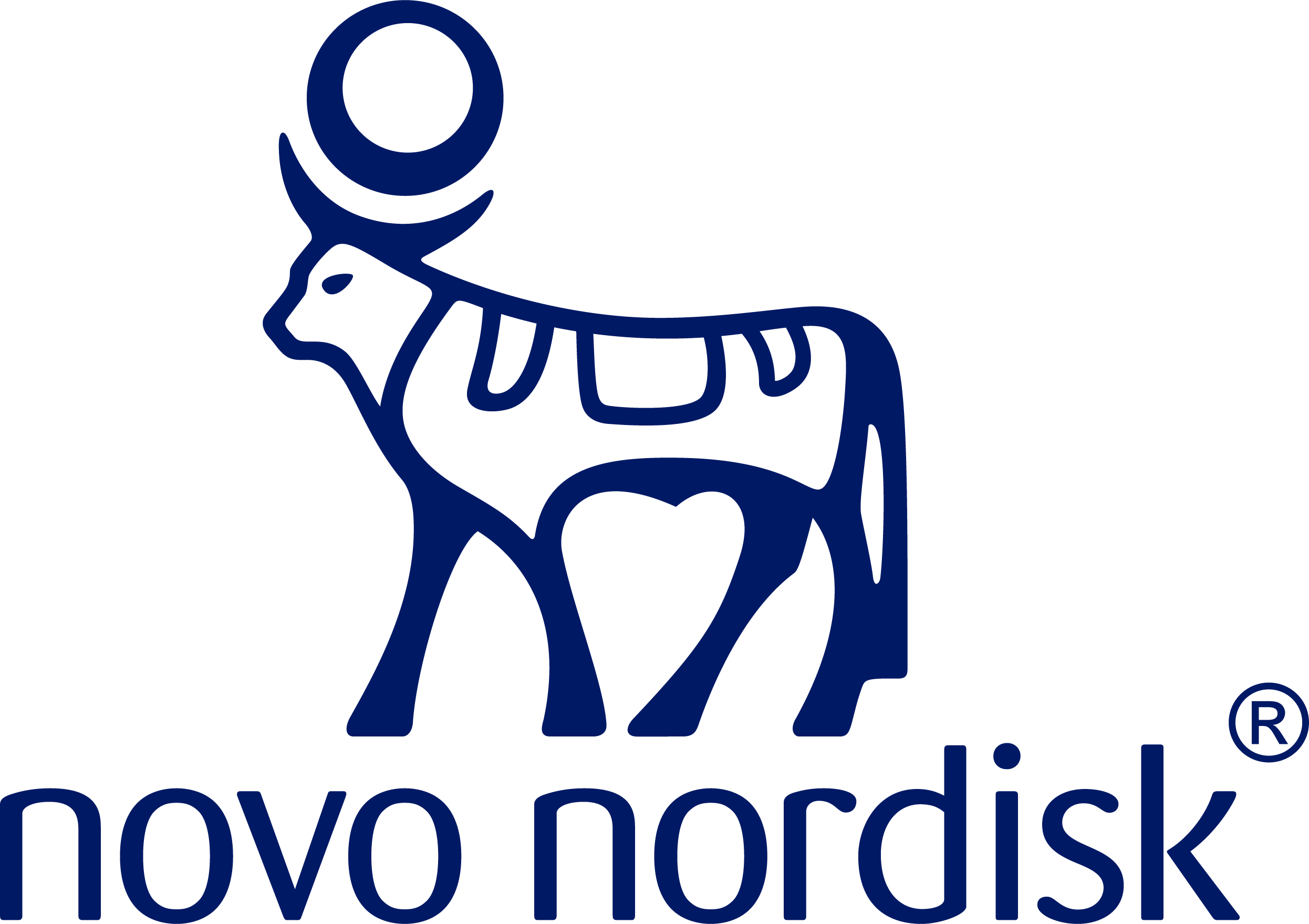Browse advice from leading obesity care experts
While the underlying cause of obesity is multifactorial, patients can achieve meaningful results with your help.
Read on for practical suggestions on how to form a successful weight-management plan with your patients from experts in obesity care.

Yazen Joudeh, MD
Medical Director, Center for Adult and Pediatric Wellness
Orland Park, IL
Dr. Joudeh’s tip: Focus on incremental goals
“Studies have shown that even a small amount of weight loss can reduce patient risk for weight-related comorbidities, such as type 2 diabetes, osteoarthritis, and sleep apnea. When working with patients who have obesity, I encourage them to focus on 1% of body weight loss at a time. With consistent effort, each little bit adds up to long-term health benefits.”

Holly Lofton, MD, Dipl, ABOM
Assistant Professor of Surgery and Medicine, NYU Langone Medical Weight Management Program
New York, NY
Dr. Lofton’s tip: Understand the physiology of regain
“Learning about metabolic adaptation and appetite-regulating hormones caused me to change my approach for treatment of my patients with obesity. I believe it is critical for health care professionals to learn about how these innate biological changes can undermine weight maintenance and how to partner with patients to prevent weight regain.”

Michael Kaplan, DO
Chief Medical Officer, Long Island Weight Loss Institute
Smithtown, NY
Dr. Kaplan’s tip: Consider a combined therapy approach
“Pharmacotherapy along with lifestyle changes have been shown to result in more weight loss for patients with obesity than pharmacotherapy or lifestyle changes alone. I believe it is critical to start my patients on a plan that includes both.”

Deepti Thapar, MD
My Medicine LLC
Paoli, PA
Dr. Thapar’s tip: Consistent partnership is key
“As a health care professional, I know my patients trust and respect my professional opinion and need my encouragement and support during treatment programs, especially for weight management. I recommend strong engagement at every appointment to keep patients motivated and to remind them that I care and that together we can achieve their health goals.”

Diana Pallin, MD
New Start Medical, LLC
Jamison, PA
Dr. Pallin’s tip: Start the conversation
“Patients are often hesitant to talk about their weight and weight-maintenance goals. As a health care professional, I recognize that I have a valuable role in my patients’ lives. They trust me, and that means that I have the responsibility to raise the sensitive topic of obesity and weight management and to inform my patients about positive effects of weight loss.”
Accessing obesity specialty resources
Continuing medical education (CME) courses can help you learn more about the science of obesity and how to employ science-based clinical techniques to your practice. The professional associations listed below may offer CME or other helpful information:
- American Association of Clinical Endocrinology (AACE)
- The Strategies to Overcome and Prevent Obesity (STOP)
- Obesity Medicine Association (OMA)
- Obesity Action Coalition (OAC)
- The Obesity Society (TOS)
- American Board of Obesity Medicine (ABOM)
Use your voice to be a part of the solution to improve obesity care. Support the Treat and Reduce Obesity Act today.

INITIATING A PLAN
Treating obesity requires a long-term weight-management plan

METABOLIC ADAPTATION
Metabolic adaptation makes weight loss challenging1
Reference:
1. Sumithran P, Prendergast LA, Delbridge E, et al. Long-term persistence of hormonal adaptations to weight loss. N Engl J Med. 2011;365(17):1597-1604.


